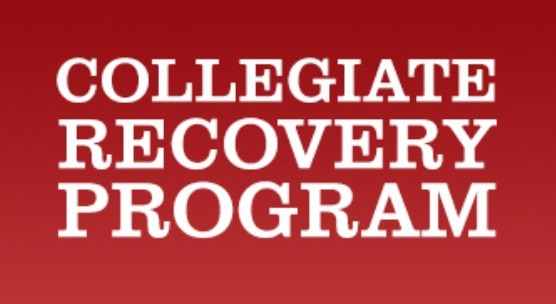Your input is needed to support a possible Recovery Program on campus

Cincinnati State is considering possible establishment of a Collegiate Recovery Program (CRP) and also exploring grant funding options to support such a program.
An online survey seeking input about a possible Recovery Program on campus was distributed recently to students and employees. Those who have not yet responded can click here to access the survey, which will close this week.
Dr. Marianne Niese, Program Chair for the Human and Social Services associate’s degree, presented a proposal for a CRP to the College Executive Team in Summer 2022, as an outgrowth of research she conducted during her doctoral studies at the University of Dayton.
Marianne received her Ph.D. in Educational Leadership, with a concentration in Higher Education Administration, in August 2022.
Her dissertation, titled “I’m not going through this alone”: The Lived Experiences of Community College Students in a Collegiate Recovery Program, involved interviewing students at two community colleges that have active Collegiate Recovery Programs on their campuses.

According to the Association of Recovery in Higher Education (ARHE), a Collegiate Recovery Program is a college or university-provided program that includes a supportive environment within the campus culture to reinforce an individual’s decision to engage in a lifestyle of recovery from addiction/substance use disorder.
“For a CRP at Cincinnati State, I would expand the definition, as many CRPs are doing, to include not just those dealing with recovery from alcohol or drug addiction, but also those with behavioral addictions such as self-harm, eating disorders, and other mental health issues,” Marianne said.
“A CRP would provide educational opportunity alongside recovery support, to ensure our students don’t have to sacrifice one for the other.”
“In my research study, multiple participants talked about the positive impact their CRP involvement had on their overall student experience,” Marianne added. “Many were more engaged on campus, and made connections with other students and campus employees as a result of their CRP participation. They also felt a sense of belonging.”
“My research shows that a CRP on campus has a positive impact on enrollment, GPA, and retention,” Marianne said. “Many colleges and universities offer CRPs, but they are less common in community colleges.”
Marianne said she is working with Richard Curtis and Nora Beckmann on securing grant funding for a CRP at Cincinnati State.
“We have interest from some local funders, but they want data that is specific to Cincinnati State, which is why the survey results are important,” Marianne said.